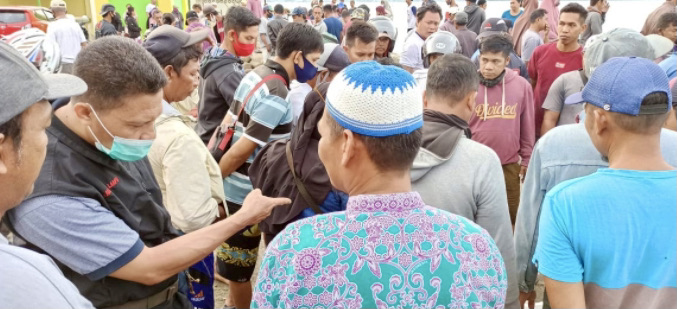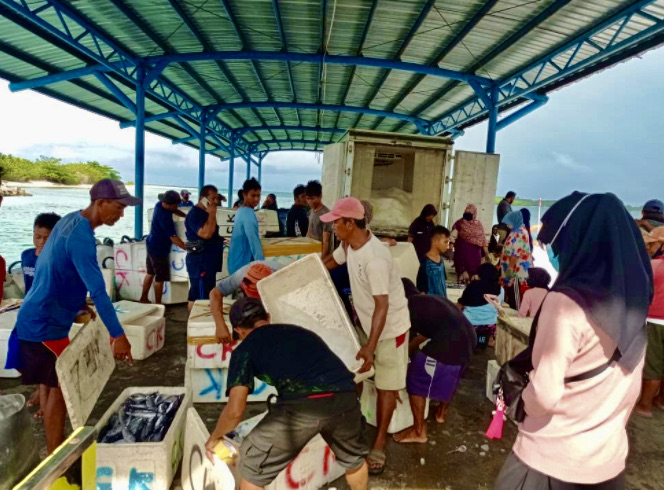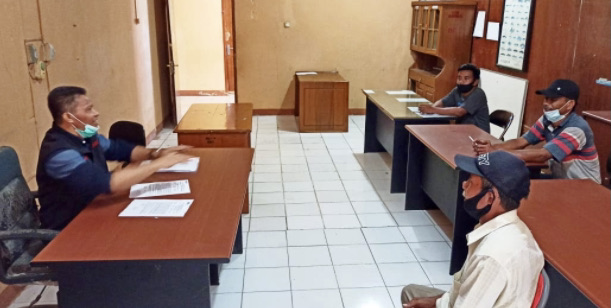Transforming the Tolitoli Fisheries to Support Community Livelihoods
In response to the COVID-19 pandemic, the Indonesian government enforced strict lockdown and mitigation measures that have negatively impacted the overall Indonesian economy. Nowhere have these measures been more prevalent though than in Indonesia's coastal communities, where lockdowns have prevented residents from accessing their primary source of income: local fisheries and international fish markets. Without access to these markets or critical government aid, local coastal communities have been left struggling to make ends meet.
To better understand the challenges faced by these communities, CSF fellow Alimudin Laapo decided to research how fisheries in the Central Sulawesi Province have adapted to the pandemic’s challenges. Through CSF’s Groundwork Analysis on Fisheries Management Areas (FMAs) 716 & 717, Alimudin Laapo used his fellowship as an opportunity to better understand the impact that COVID-19 measures have had on local fishing communities and to see if there were ways to offer support.
To conduct his research, Laapo first hired a team of four enumerators to examine the coastal region of Tolitoli, which is positioned near a major fishing port and connected to several coastal communities. While staying in Soni village, Laapo and his team strategically monitored the fishery activities of seven Tolitoli sub-districts over the course of two weeks, aiming to understand how the pandemic affected the business model and revenue of each.

While he expected to see less activity in the regional fisheries, Laapo instead found that the level of activity in the fisheries was roughly the same as before the pandemic. In fact, the Tolitoli fisheries were even able to find new ways to continue their business despite the pandemic’s restrictions, a sign that other fisheries might be able to use similar models to return to work. Through his research, Laaopo concluded that the Tolitoli fisheries were able to thrive by maximizing local markets, thus decreasing their reliance on international fish markets and trade. By shifting their attention to markets in their larger region, these fisheries were able to create a more sustainable local economy.

Although he still needs to conduct additional research, Laapo hopes to involve the local fishing community and government stakeholders in his work to support the Tolitoli community throughout the pandemic. In addition, he believes these findings could help strengthen other coastal communities by shoring up their local sales and reducing their reliance on global markets. Laapo’s study, “Optimizing the Performance of Capture Fisheries and the Supply Chain System Governance of Fishery Products during the COVID19 Pandemic in Central Sulawesi Province,” will be completed in 2021, and he is excited to share his recommendations and research findings with key stakeholders throughout 2021 and 2022.

The Groundwork Analysis on Fisheries Management Areas (FMAs) 716 & 717 is made possible through the generous support of Margaret A. Cargill Philanthropies.
- Log in to post comments
